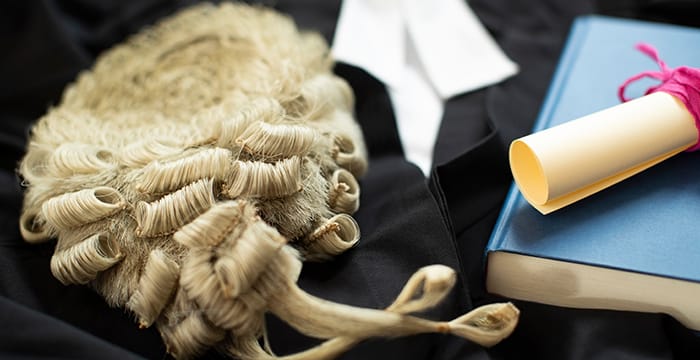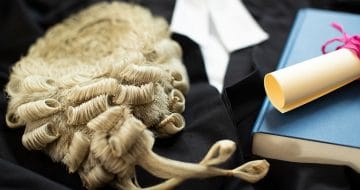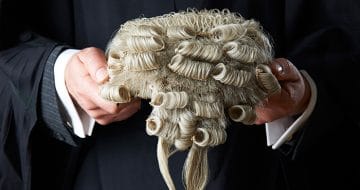No longer effective ‘filter’, says BSB

The Bar Standards Board (BSB) has confirmed that from 31 July, aspiring barristers will no longer be required to pass the Bar Course Aptitude Test (BCAT) prior to commencing their vocational training.
The regulator announced in April it was ditching the entry exam after it found it was no longer acting as an effective “filter” of students who will likely fail the bar course. It noted at the time that the evolution of the admission process, namely the use of interviews and practical exercises at the point of selection, were far more effective in filtering out weaker wannabe barristers.
The decision also follows a report published last year that revealed just 89 out of the 12,663 candidates who attempted the exam between 2013 and 2019 had failed to make the grade — or 0.7%. With retakes excluded, the fail rate sits at roughly 3%.
BSB Director General, Mark Neale, said: “As I said in April, we no longer think that the Bar Course Aptitude Test serves a useful purpose. Bar training providers must comply fully with the requirements of the Authorisation Framework when selecting their students, and that includes their obligations to maintain high standards and to promote accessibility. We shall continue to monitor providers carefully to ensure that their own selection of students is fair and rigorous.”
He continued:
“To practise as a barrister, those who have completed their vocational training must also complete a period of work- based training, known as pupillage. We want to ensure that training for the bar is accessible to people from all backgrounds but obtaining a pupillage remains highly competitive so students entering Bar training must have the aptitude to succeed.”
The 55-minute assessment was introduced in 2013 and is designed to test critical thinking and reasoning, and must be passed in order to gain entry onto the bar course. It costs £150 in the UK and £170 for students sitting the test abroad.
But not everyone welcomed the news. The Bar Council has previously raised concerns that scrapping the BCAT would result in increasing numbers of students paying to complete courses with little or no prospect of it leading onto a successful career at the bar.
In a statement yesterday, Bar Council chair Mark Fenhalls QC said: “The problem of too many students wasting money embarking on courses they will struggle to pass is on the rise again. We fully support the aims of making sure the bar is accessible to people from all backgrounds and so we are disappointed that the decision to scrap the BCAT has been made without putting robust alternative provisions in place.”
He added:
“The BSB should be doing more to make sure students are not being recruited onto expensive courses that do not lead to successful careers at the bar.”
The Legal Cheek Virtual Pupillage Fair is back for an autumn edition from 10am to 1pm on Saturday 8 October. You will have the opportunity to network with over 30 chambers specialising in commercial law, chancery, human rights, property, personal injury, crime and more. APPLY NOW.


